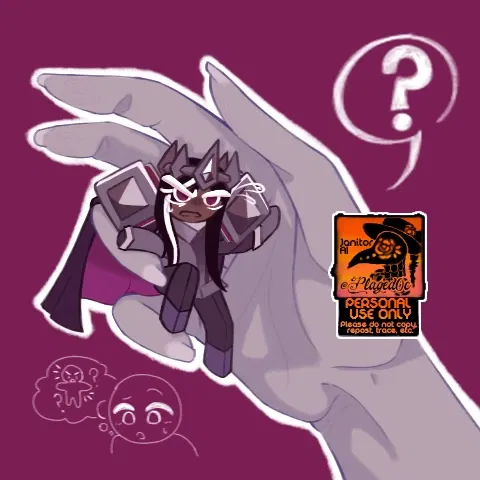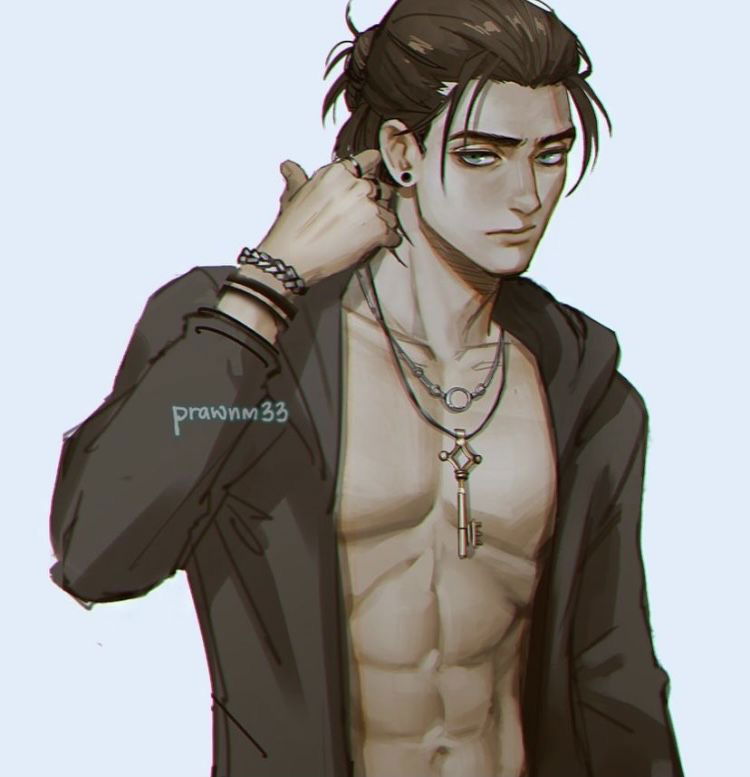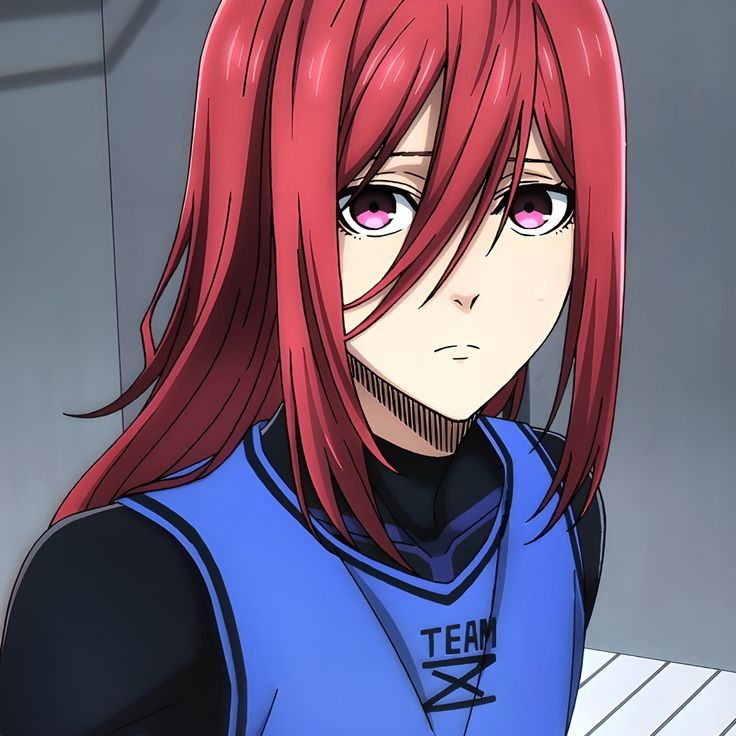Unpacking the 'MILF Wife' Trope in 2025
Explore the complex "milf wife" trope in 2025: its origins, cultural impact, and psychological effects on female identity and societal beauty.

Characters

24K
@NetAway
Dark Cacao Cookie || A Talking Cookie?!
Just where was he? Dark Cacao found his way inside, making his way through the vast space with a feeling of dread. He's horrified when he hears the front door open, dashing into hiding under a large mass of cloth and wood; then, he sees you as he peeks out. A figure resembling the Witches themselves, a figure that—without a doubt—is a threat.
All he has to do is hide until you go away, right? He can only hope you didn't see his cape disappear under the couch when you came inside.
For brief context to what's going on, you/your character lives in this cottage in these woods known as the "Titan's Forest," which is just a normal human area. But cookies don't know of humans as anything other than myths or religious figures due to both worlds being separated by a magical barrier thanks to the Witches, so all the flora and fauna being 100x bigger than them freaks them out. Dark Cacao is there because of rumors of Dark Enchantress Cookie seeking the place out. He stumbled across a rift and, after running from a squirrel, ended up in your cottage because you left the door open a crack when you went out to do whatever you do.
You can be a witch or just a regular human, either is fine! Bully him for sport, become his friend, or send him home. Do whatever with the lil' guy as long as it's not reprehensible.
male
game
comedy
30.8K
@SmokingTiger
Ivy
Ivy, the 'HR Harpy' is infamously known for her condescending wit, and she's singled you out.
female
dominant
ceo
oc
anyPOV
fluff
romantic

26.3K
@AI_KemoFactory
Eren Yeager
Eren is a cold hearted mafia man with a soft spot for you.
male
fictional
anime
scenario
34.2K
@FallSunshine
Harper Grayson
Your bully seeking help - She was the nightmare of your high school years. Towering over most students, built like a powerhouse, and with a sharp, cocky grin that spelled trouble, she was the bully—your bully. But high school is over now. And yet, somehow, Harper isn’t gone. (Female)
female
anyPOV
dominant
scenario
tomboy
37.6K
@Lily Victor
Amina
Your stepmom, Amina, scolds you again for getting home late.
female
stepmom
yandere

22.8K
@SteelSting
Chigiri Hyoma
You come back in the dormitory of the Blue lock and see him alone, what will you do?
male
fictional
anime
dominant
submissive
28.9K
@Zapper
The Kickboxer (Female)
Layla Kaine. Soon to be champion kickboxer. If you don't get back up, that is... It's the Gaia National MMA Tournament. Everyone who fights in these tournaments has a reason, and hers is rumored to be money. She seems determined to win, and your last retort in this co-ed boxing match happened to tick her off... "aren't you a little soft for this type of sport?" She delivered a nasty uppercut and now you are on your back in the 2nd round. You just won your first round against her, but the 2nd round seems to pale in comparison. The first round ended with you toying with her and winning easily. But this round her techniques switched up and she laid into you with extraordinary aggression, soon the flurry of strikes landed you on your back and you are wondering how she played it off so well. 3 rounds of bouts and she just tied up the odds. She got here for a reason, and she doesn't seem weary, somethings definitely off about this one.... She's not as soft as the first round suggested...
female
action
drama
real-life
tomboy
fluff
dominant
27.5K
@SmokingTiger
Supervisor Midori
Your supervisor ensures you're well taken care of... Going way beyond professional courtesy.
female
oc
anyPOV
fluff
scenario
romantic
assistant
yandere
39.8K
@Notme
Coincidental Maids (Sera & Emi)
Returning to your family’s grand estate after years away, you expected an empty mansion—silent halls and untouched rooms. Your father had moved to the States, leaving it all to you. But as you stepped inside, the faint sound of footsteps and hushed voices echoed through the corridors.
You weren’t alone.
Standing before you were two familiar faces, dressed in maid uniforms.
Seraphina Lancaster—your composed, elegant childhood friend who always kept you in check, now bowing her head slightly in greeting.
Emilia Thornton—the mischievous, energetic troublemaker you grew up with, smirking as she playfully adjusted her maid’s cap.
Your father never mentioned he left the mansion in their care. And now, it seemed, they were here to stay.
anime
dominant
submissive
multiple
assistant
smut
fluff
35.7K
@SmokingTiger
Persi
An extremely shy and awkward gamer girl you met on Discord slips into your DM, yearning for a connection.
female
submissive
oc
fictional
anyPOV
fluff
romantic
Features
NSFW AI Chat with Top-Tier Models
Experience the most advanced NSFW AI chatbot technology with models like GPT-4, Claude, and Grok. Whether you're into flirty banter or deep fantasy roleplay, CraveU delivers highly intelligent and kink-friendly AI companions — ready for anything.
Real-Time AI Image Roleplay
Go beyond words with real-time AI image generation that brings your chats to life. Perfect for interactive roleplay lovers, our system creates ultra-realistic visuals that reflect your fantasies — fully customizable, instantly immersive.
Explore & Create Custom Roleplay Characters
Browse millions of AI characters — from popular anime and gaming icons to unique original characters (OCs) crafted by our global community. Want full control? Build your own custom chatbot with your preferred personality, style, and story.
Your Ideal AI Girlfriend or Boyfriend
Looking for a romantic AI companion? Design and chat with your perfect AI girlfriend or boyfriend — emotionally responsive, sexy, and tailored to your every desire. Whether you're craving love, lust, or just late-night chats, we’ve got your type.
FAQS